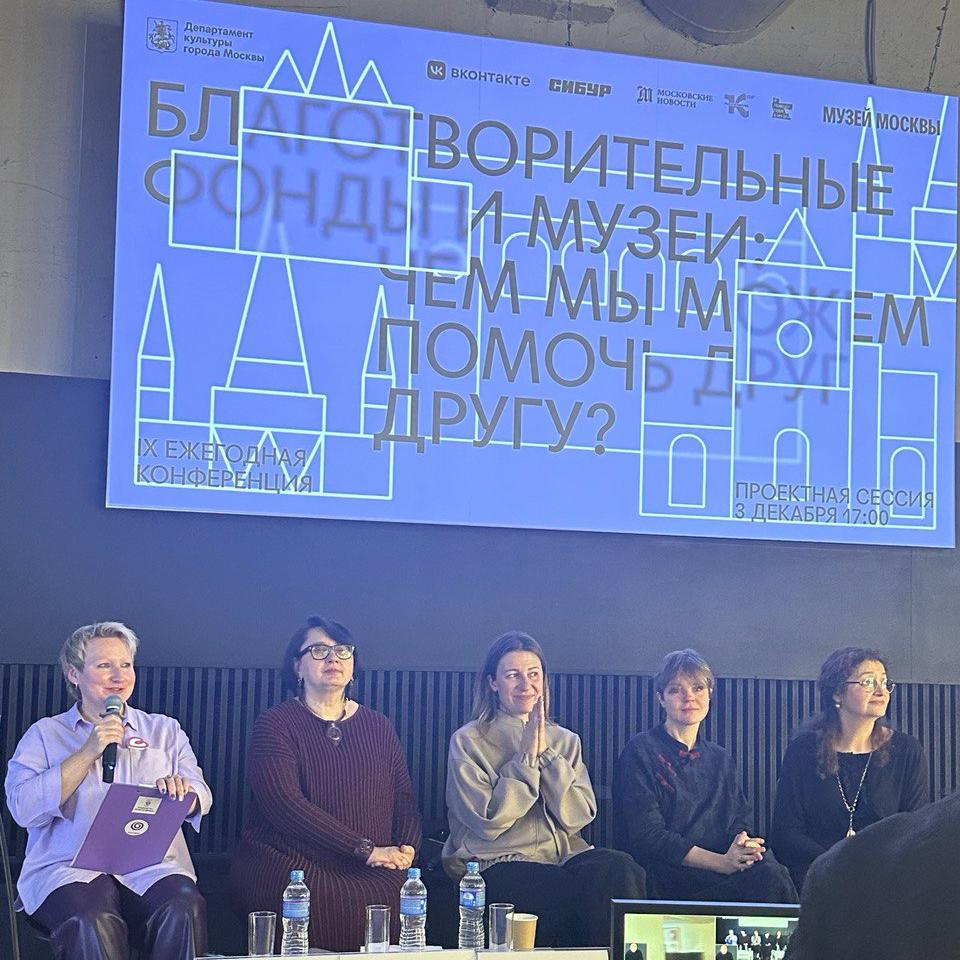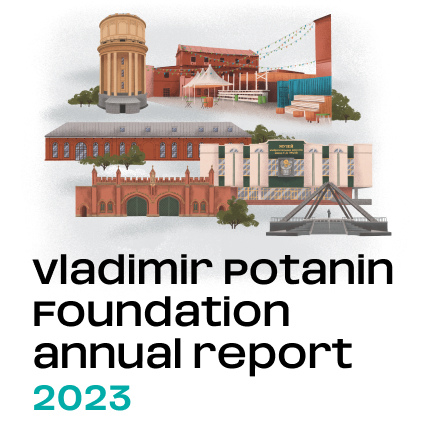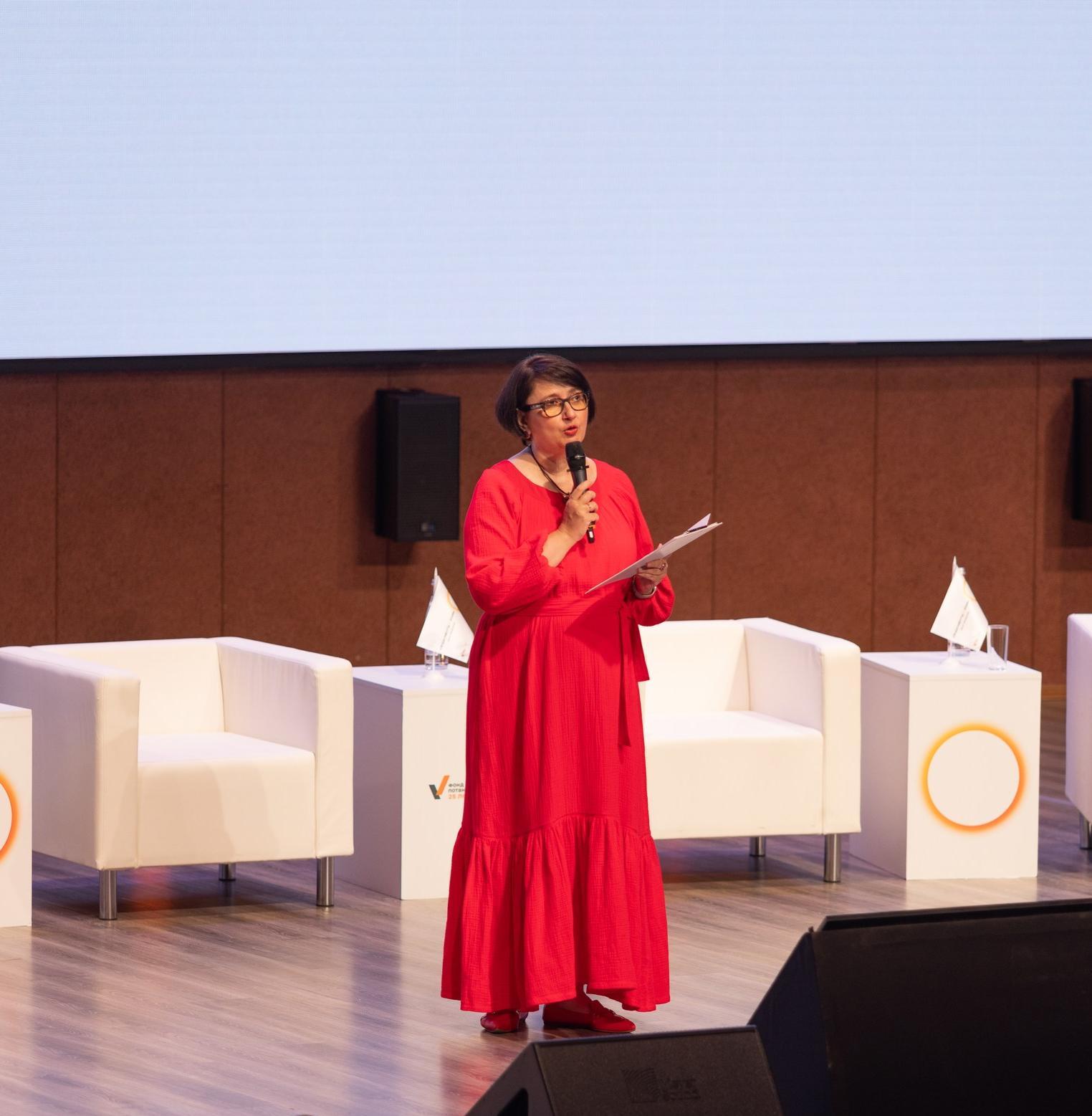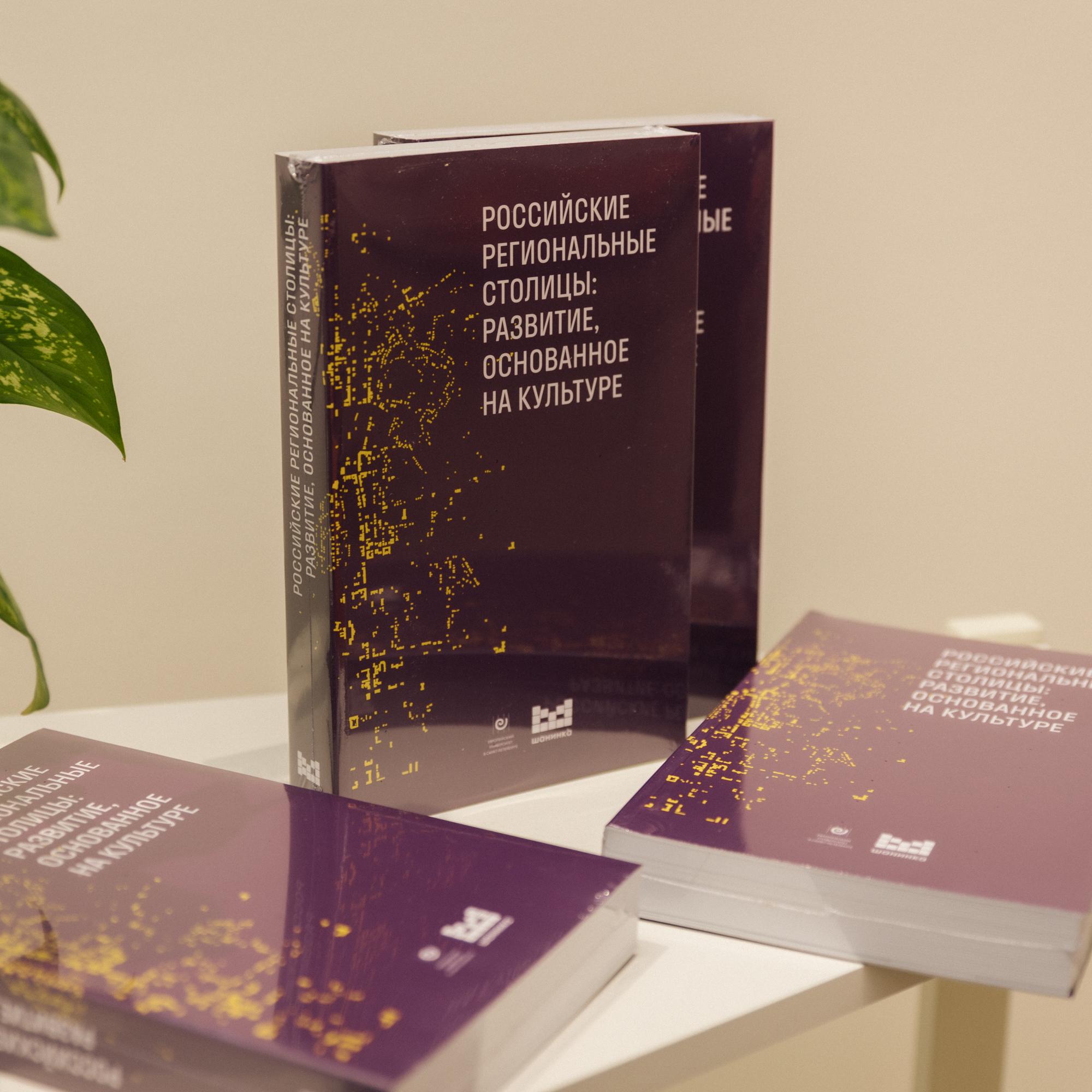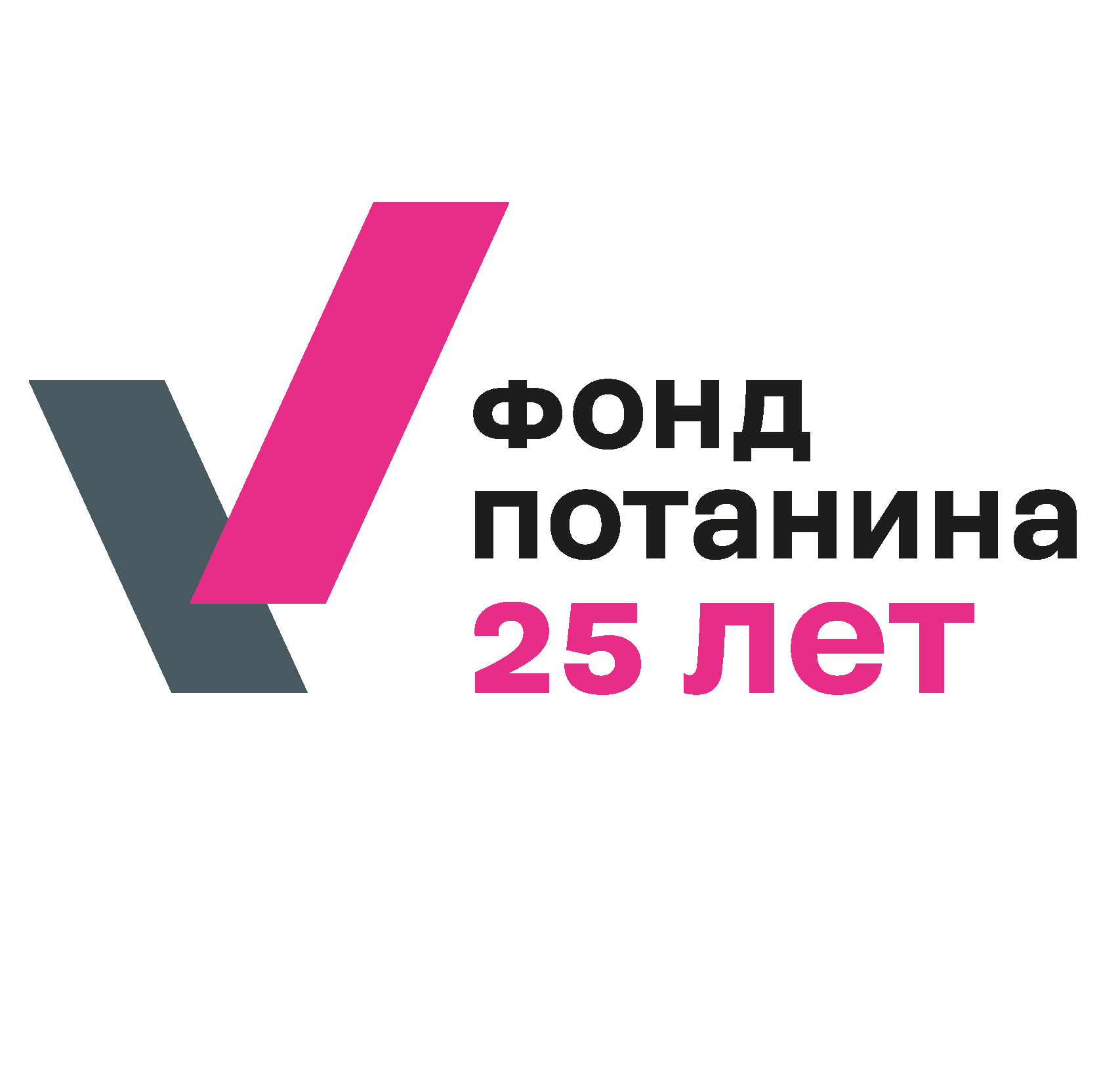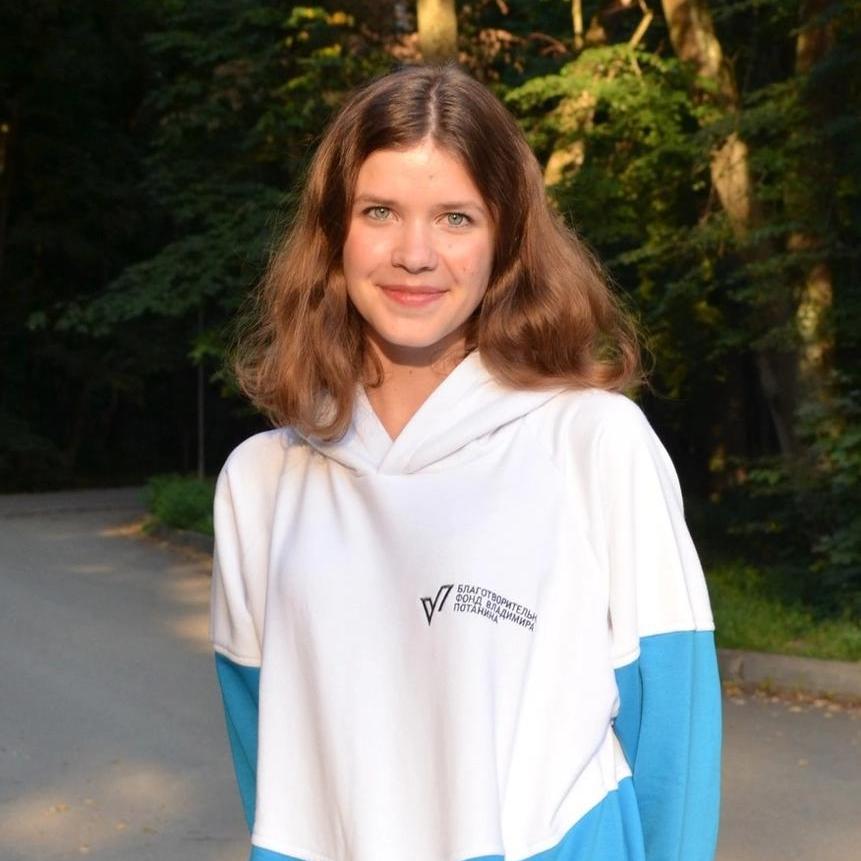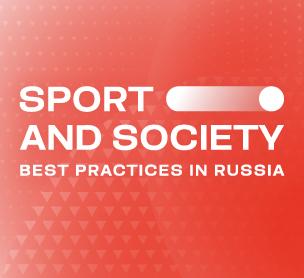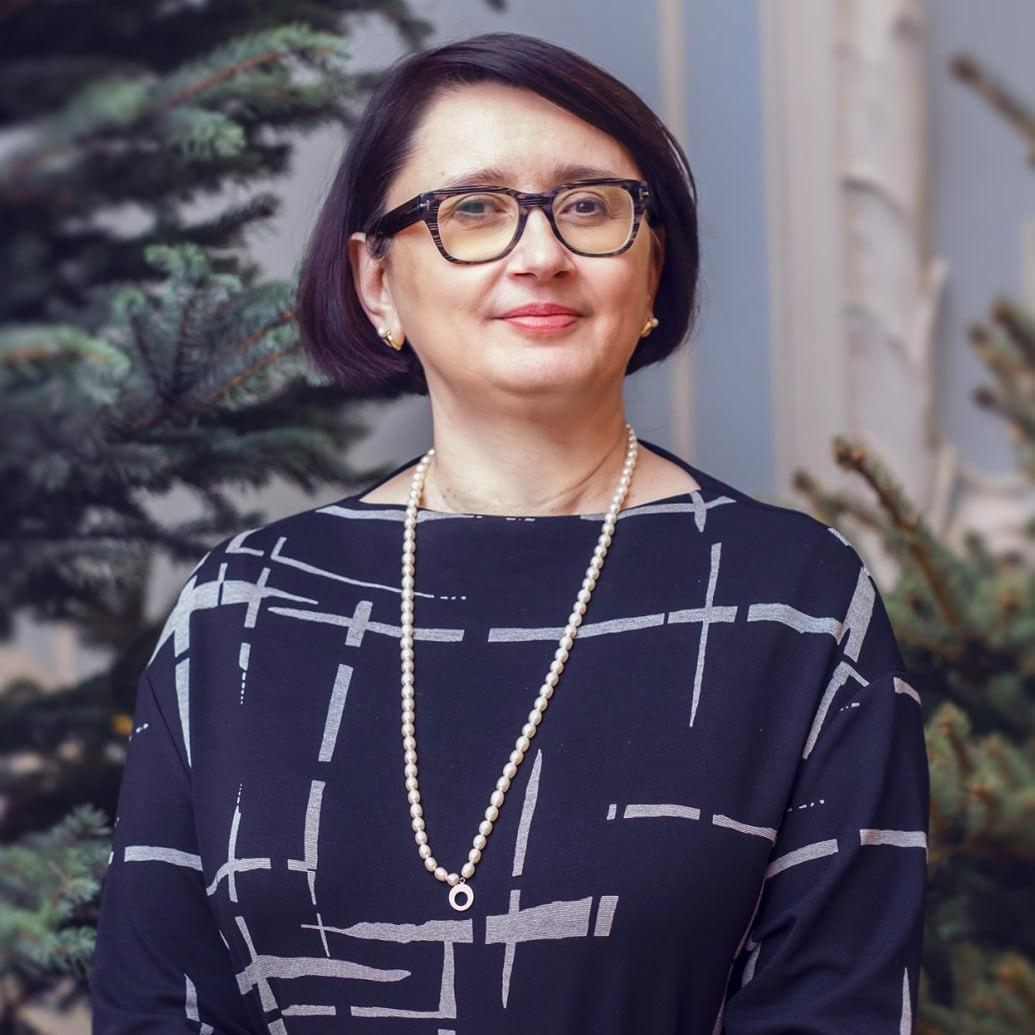Natalia Belyaeva is the winner of the Vladimir Potanin Foundation's professional development competition and an employee of the "Communication Space" (“Prostranstvo Obshcheniya”) center in Moscow. Natalia works with children and young people with various special needs, helping them learn alternative and additional methods of communication.
The "Communication Space" is one of the unique centers that grew out of close collaboration between parents and specialists. Here, children and young adults with various special needs engage in activities that revolve around their need for alternative or additional forms of communication.
Natalia works in the “Communication Space” as a curator-supervisor of the early assistance program called "Confident Start", which includes home visits to children with special needs aged 0 to 3 years. Specialists visit families to assist parents in interacting with their children in everyday activities.
At a certain point, families of program “graduates” started asking about activities available for children over 3 years with special needs. This led to the creation of child-parent groups for children above 3 years of age, and Natalia took on this aspect of the work. Currently, she conducts such groups for children aged 3 to 5 years together with her colleagues. As the children grow, they move on to groups without parental involvement, where each child has their accompanying educator. At the “Communication Space”, young people with special needs are preparing for independent living by learning essential life skills, such as walking to the store, buying groceries, cooking their meals, etc. This is the center's mission — to teach young individuals basic life skills so that they can independently go to stores, go on excursions, visit cafes and so on. Practice is the best teacher, and at the same time, society also learns to interact with people with special needs.
Natalia has been working in the early assistance direction for six years. At the beginning of this journey, she knew nothing about early assistance since it wasn't really a concept in Russia at that time. The opportunity to develop a new direction intrigued and motivated her. Currently, Natalia's work consists of several aspects. She mainly works as a curator-supervisor in the field of home visits and early assistance, but she also leads a family herself: Natalia believes it is essential for a curator-supervisor to have practical skills.
In 2022 Natalia won in the Vladimir Potanin Foundation's professional development competition and completed year-long courses in occupational therapy (ergotherapy). Next year she plans to incorporate her skills into her work. The training in occupational therapy, for which Natalia applied, was her professional dream. However, she knew she couldn't afford it on her own. When the organization's director informed Natalia about the Vladimir Potanin Foundation's professional development competition, she realized that the time had come, and she needed to give it a try. She had to put effort into the application, but Natalia had a clear understanding of her goal, which made it all work out successfully.
Winning in the competition gave Natalia the opportunity to gain a deeper understanding of her work. During the ergotherapy training, she acquired many essential skills, and her expectations were fully met.
The training involved complete immersion: students felt as if they experienced the sensations of individuals with various special needs. At one of the training sessions that Natalia remembers in particular they were using wheelchairs at difficult weather conditions – during the winter in St. Petersburg when it snowed heavily. Students tried to overcome curbs and cross the road. This experience completely changed Natalia's perception.
In general, occupational therapy is about an individuals’ personal life, Natalia explains. It's about understanding what matters to them, what they want, and what hinders them. Ergotherapists must always stand by the client's side, putting themselves in the client's shoes. It is crucial to listen to the person, understand people’s desires, and help them achieve their goals.
Currently, there are new groups of children with motor impairments at the "Communication Space" center. Natalia has numerous ergotherapy tasks and a wide field for self-realization. In the future, she plans to continue adapting her knowledge, creating a suitable environment for the sessions.
